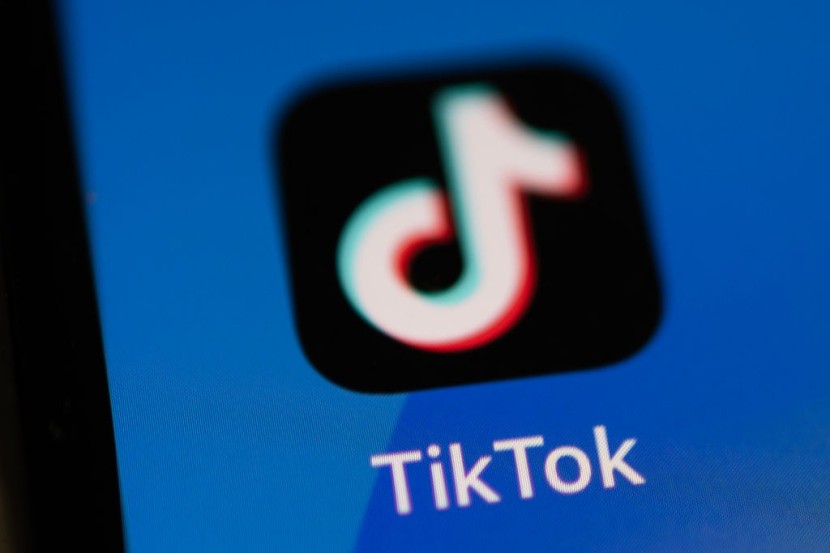Latest statistics from the Chinese short-form video platform TikTok reveal that millions of individuals were misled by fake accounts over Russia's involvement in the conflict in Ukraine.
The social media app said in a research issued on Wednesday, December 13, that posts on the platform "artificially amplify pro-Russian narratives" about the conflict, aiming to influence users in Ukraine, Russia, and across Europe.
Several accounts were falsely identified as news sources.

False Allegations Against Top Ukrainian Officials
In a separate study released on Friday, December 15, by the BBC, 800 phony accounts were revealed. The accounts in question were believed to have targeted European nations with false accusations of the purchase of luxury automobiles or houses abroad by prominent Ukrainian officials and their families after Russia's invasion in February 2022.
Anastasiya Shteinhauz, daughter of the Ukrainian Defence Minister Oleksiy Reznikov, claims that the fake TikTok videos were a factor in her father's removal from the position in September of last year.
Shteinhauz told the BBC that her husband surprised her on vacation and informed her about the Russian disinformation effort. After telling her, "OK, so now you've got a villa in Madrid," he sent her a link to a TikTok video with an artificially created voice claiming she had purchased a property in the Spanish capital.
Shteinhauz disregarded the video as a one-off, but the following day, she received an identical TikTok movie claiming she had acquired a French Riviera home. Her spouse was the last to see the video after it circulated among her close friends.
Shteinhauz denies owning property in Spain, France, or elsewhere outside Ukraine. The BBC found that the homes shown on TikTok were still listed for sale on two regional real estate websites.
Widespread TikTok Misinformation
According to a TikTok representative who talked with CNBC, the firm had started looking into the accounts before the BBC investigation and has since deleted all of the bogus accounts. They went on to say, "We constantly and relentlessly pursue those that seek to influence its community through deceptive behaviors."
Nearly 13,000 fake profiles discovered by TikTok originated in Russia. They sent Kremlin war propaganda in regional languages to countries such as Greece, Ukraine, Germany, Italy, Turkey, Serbia, the Czech Republic, Poland, and Croatia.
Meanwhile, several accounts that were determined to be operating from within Ukraine were discovered to be deliberately boosting stories to solicit donations for the Ukrainian military.
While videos published on the site can reach millions, TikTok reported that the cumulative number of followers for the fake accounts reached one million.
With these new numbers, TikTok is increasing its self-reporting in response to international pressure on social media platforms to crack down on fake accounts and misinformation, which includes prior accusations of fake pro-Russia accounts.
This follows the United Kingdom's accusation made a week earlier that Russia has been engaging in a determined effort to undermine British democracy via a cyber campaign targeting journalists, public officials, and politicians that has persisted for years.
© 2026 HNGN, All rights reserved. Do not reproduce without permission.








